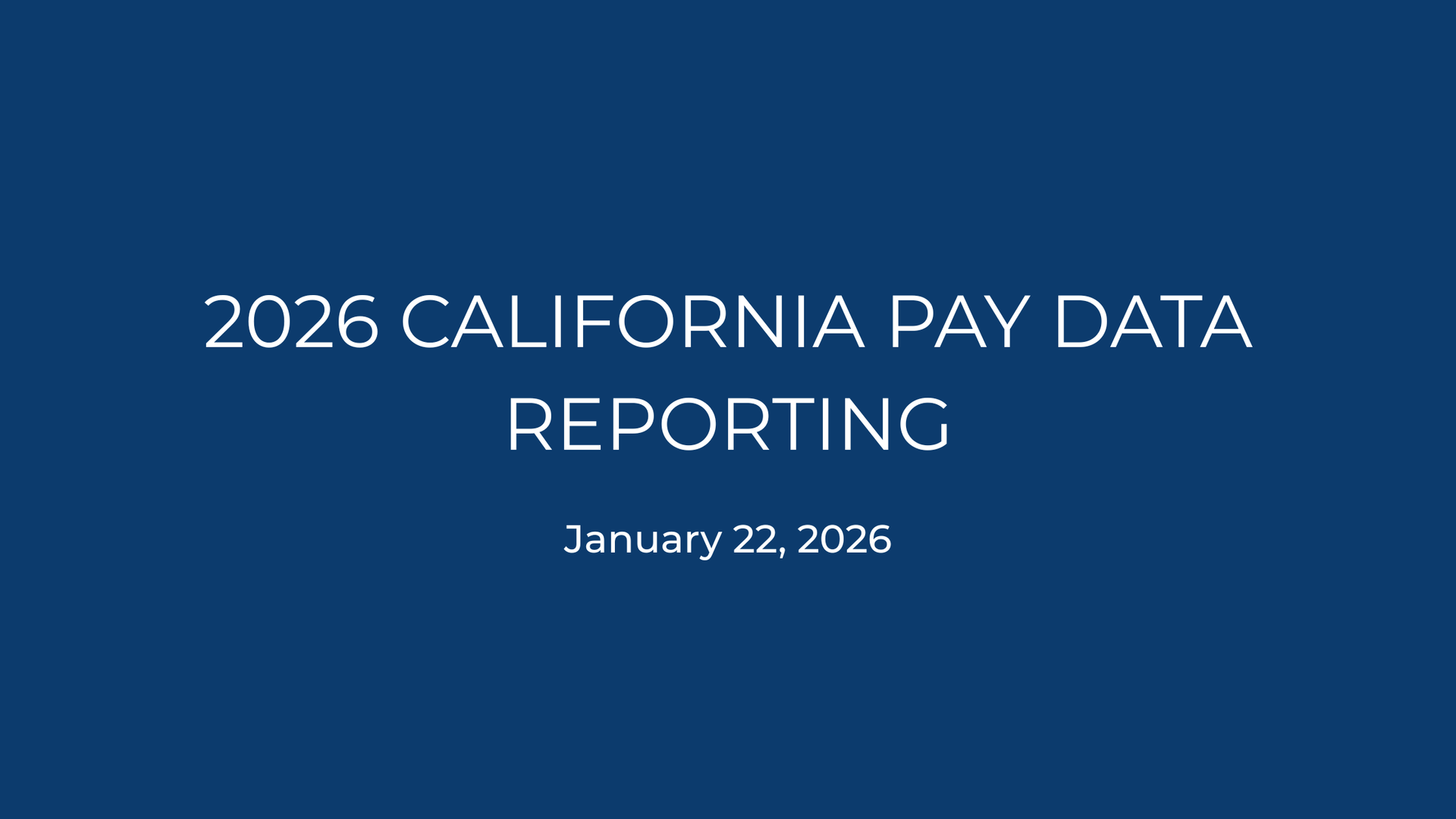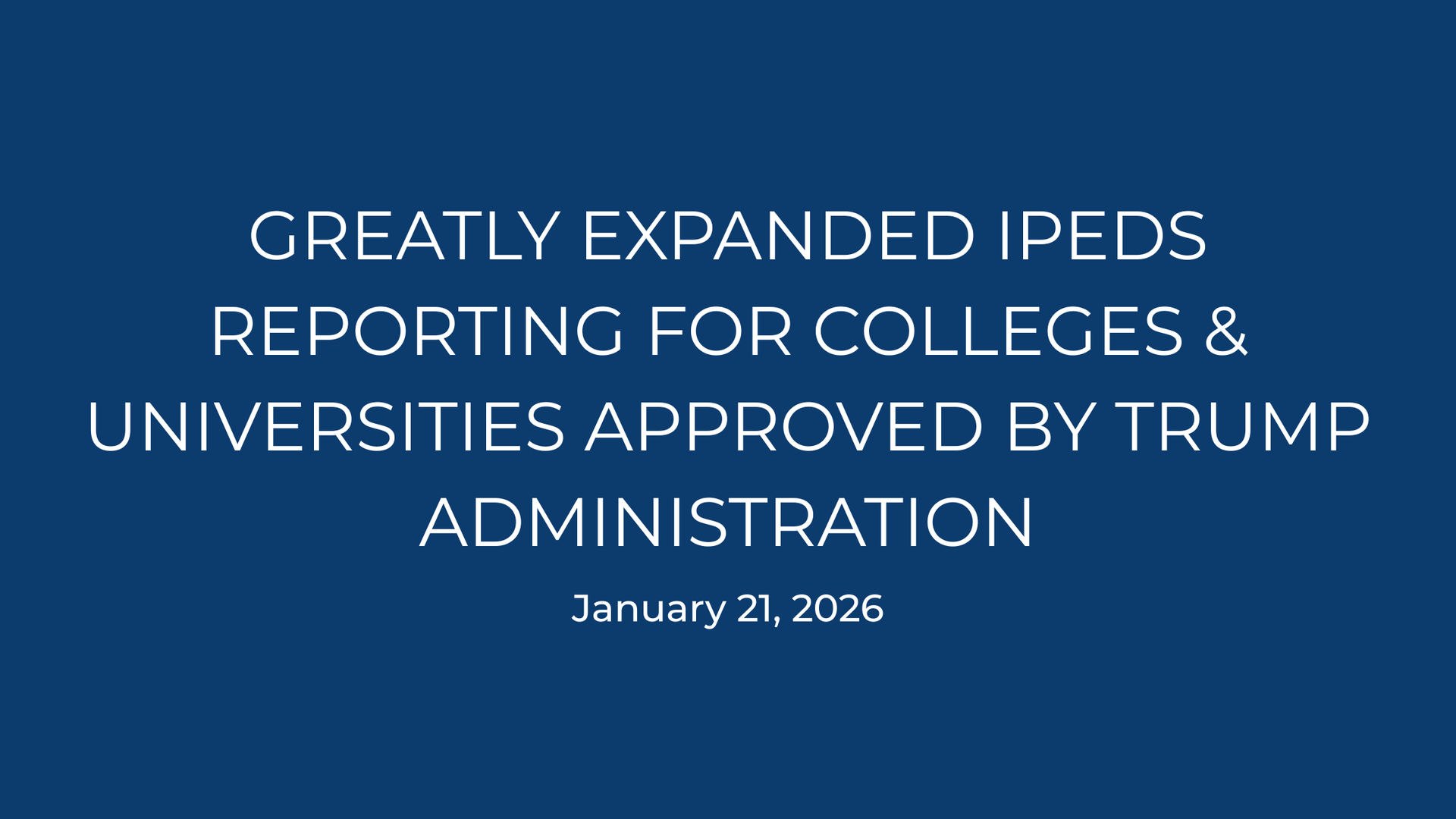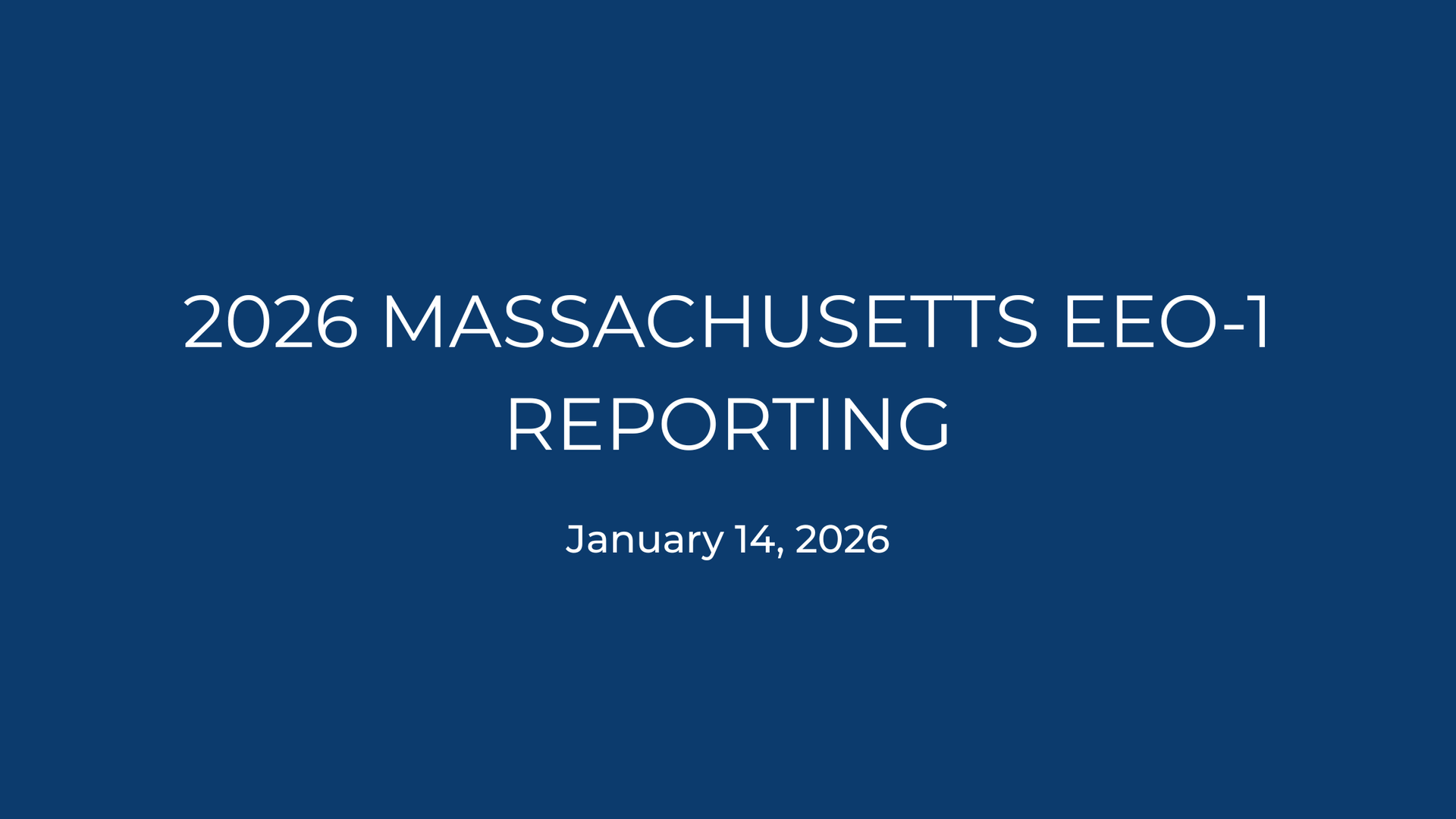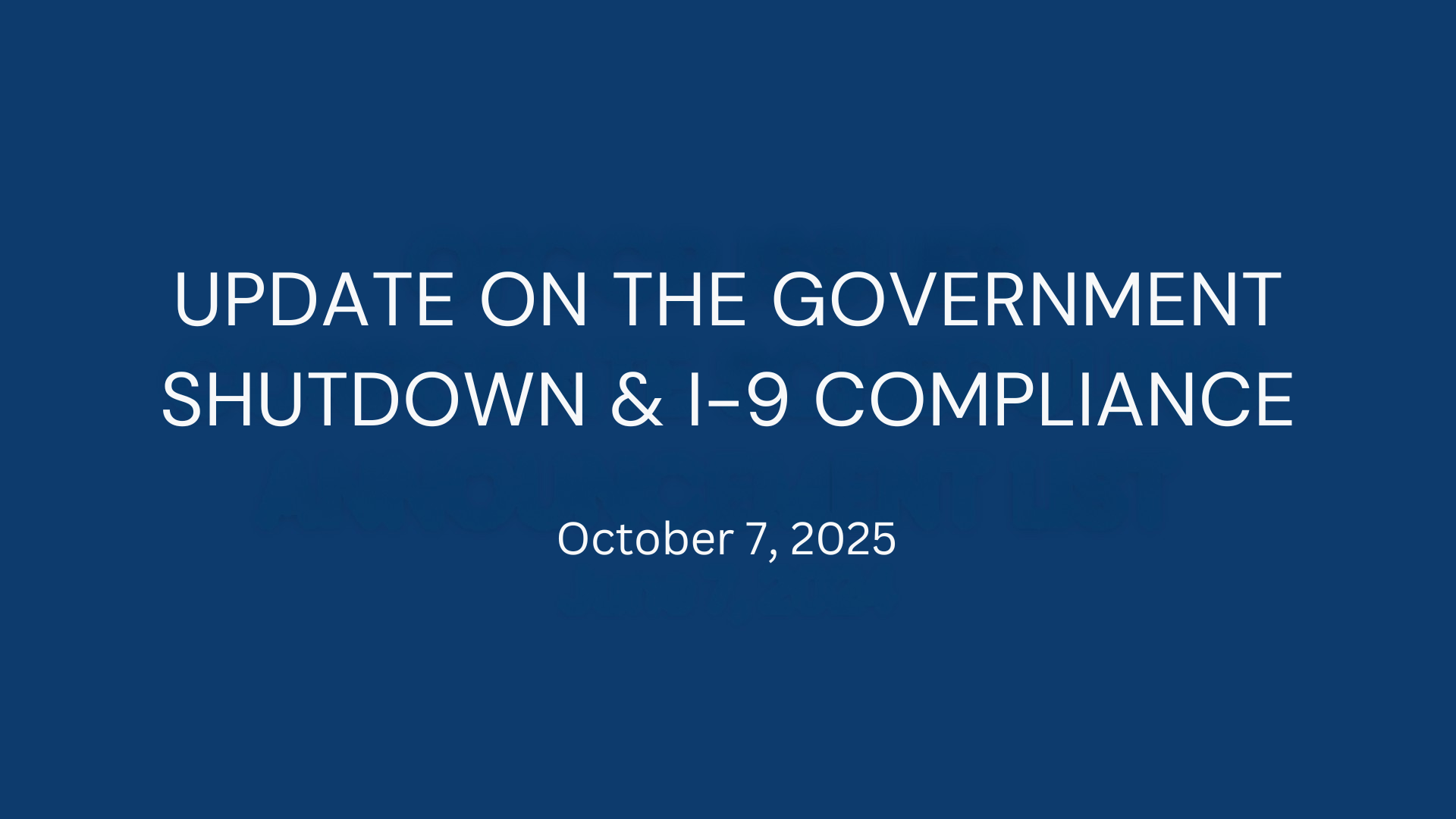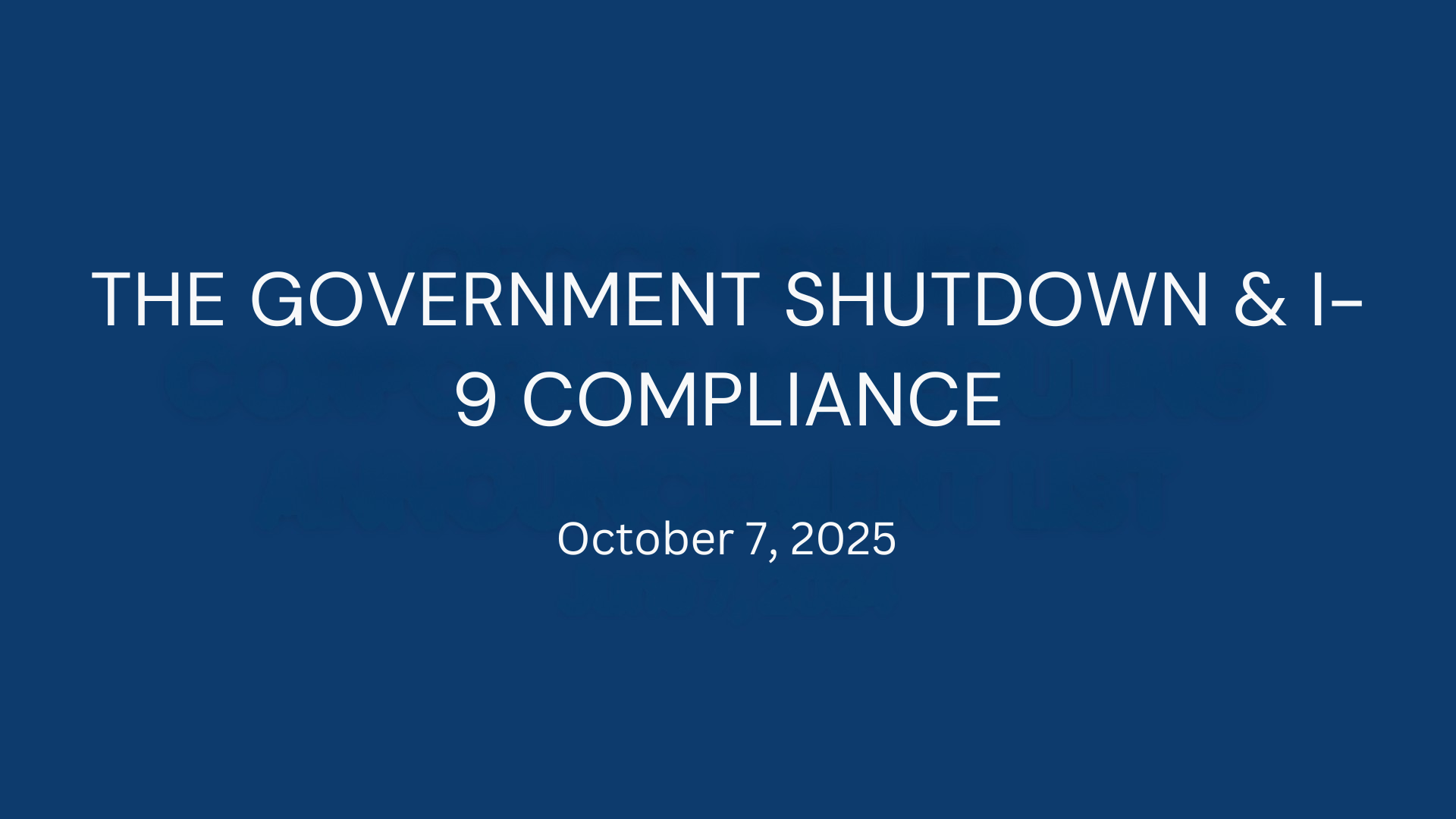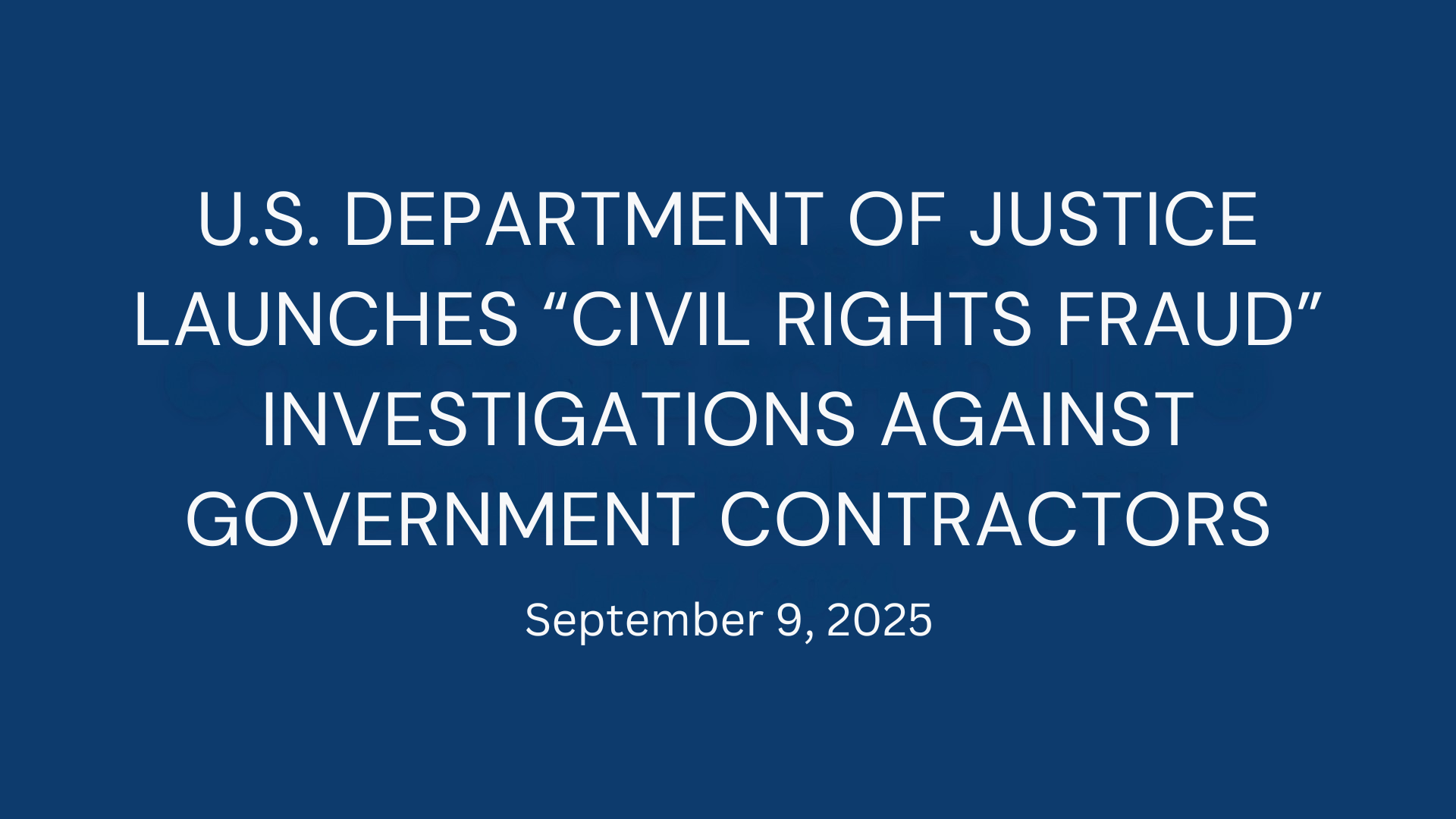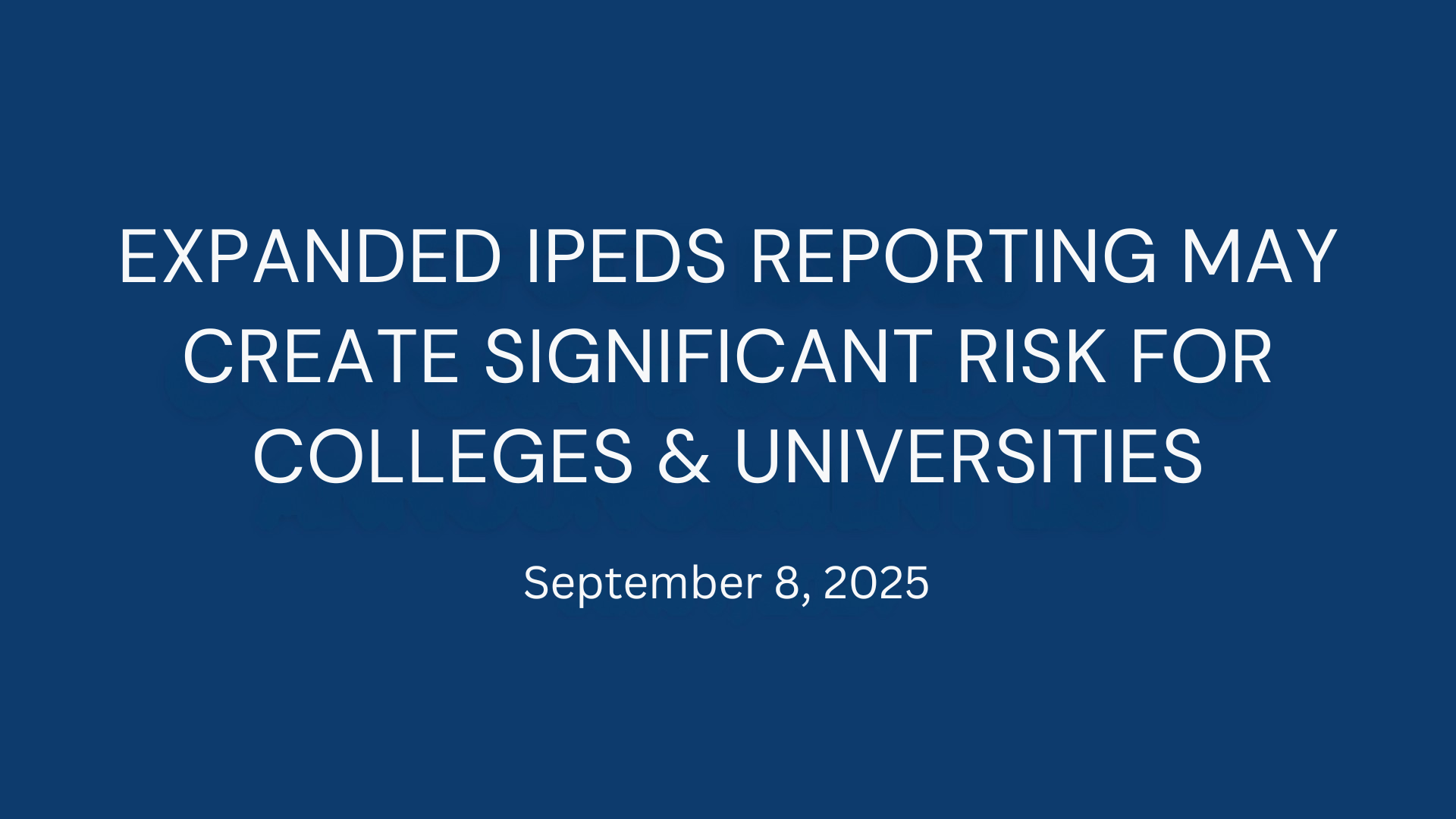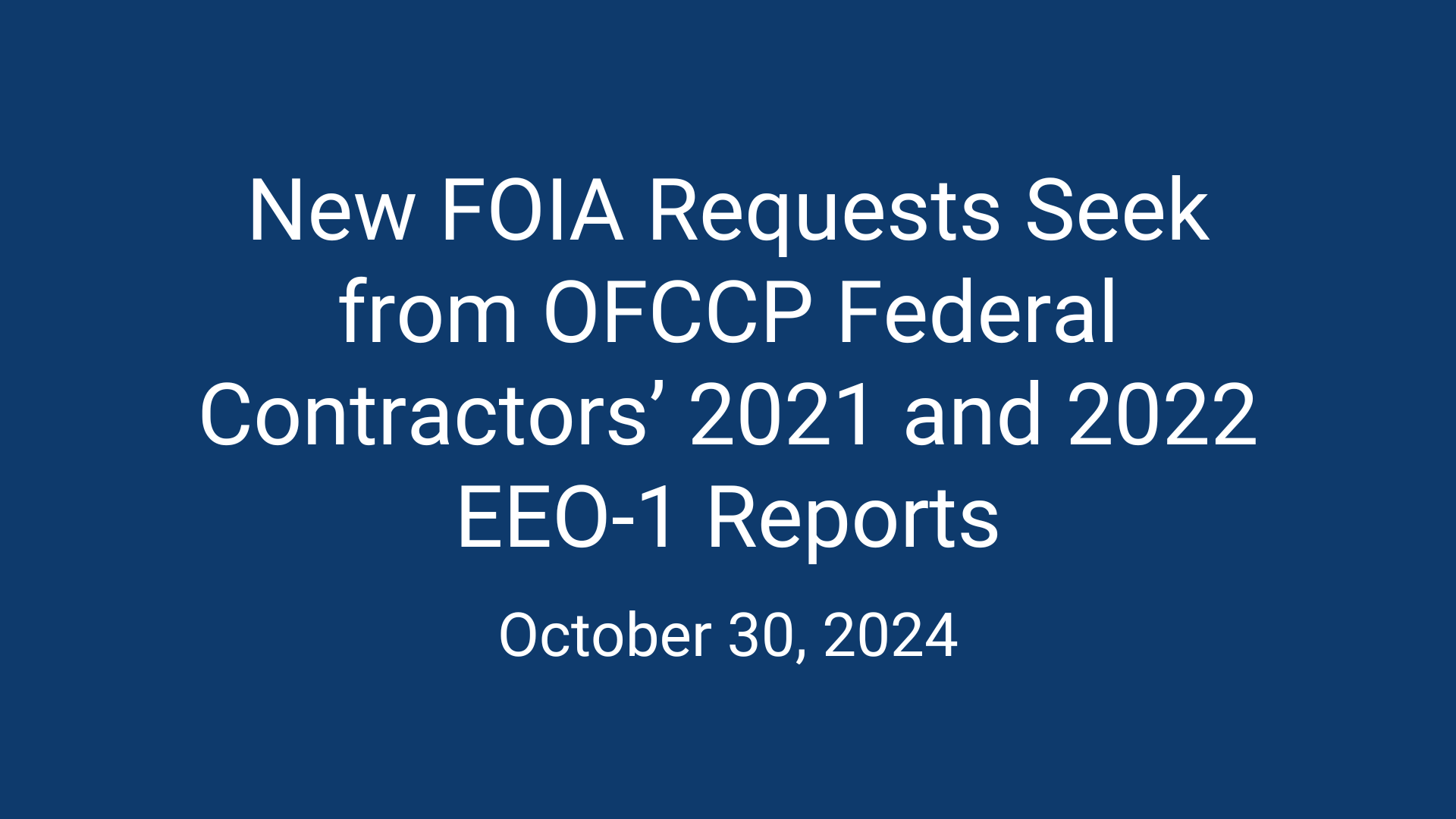Minnesota to Require Pay Transparency in Job Solicitations
Employers Must Include Salary Range, Other Compensation & Benefits
Effective January1, 2025, Minnesota joins New York, California, Illinois, Colorado and other states requiring the inclusion of pay range and benefits information in job advertisements. Unlike Illinois and Colorado, Minnesota is not requiring notice/posting to employees about any internal job promotion opportunities.
While the new law is vague in some important areas (applicability to remote jobs, pipeline requisitions, what “other compensation” means), the available details, for now, include:
Salary Range, Benefits & Other Compensation:
Applies to:
- Minnesota employers with 30 or more employees in Minnesota;
- All job postings that are solicitations (external, internal, and by third parties) “intended to recruit job applicants for a specific available position…that includes qualifications for desired applicants;”
- Requires employers to disclose in each job posting the “starting salary range” plus a “general description of all the benefits and other compensation” to be offered to a hired applicant;
- "Salary Range" means a “good faith estimate” at the time of the posting of the minimum and maximum annual salary or hourly range of compensation to be offered a job applicant, or the “fixed pay rate” to be paid for the job. Salary ranges “may not be open ended";
- The terms “benefits” and “other compensation” are not defined.
Educational Poster Requirement:
- Covered employers will be required to post, and keep posted, a notice of employee rights in places where employee notices are customarily located within the workplace.
We Have a Few Questions:
- Most notably, the new Minnesota law is silent on whether these pay transparency requirements apply to remote jobs that may be performed outside Minnesota. Colorado, for example, has struggled with this issue and Illinois has recently attempted to better define applicability.
- Also significant, the new law does not specifically address pipeline or evergreen requisitions where the job posting may not be for a “specific available position” and the pay rate may not be known at the time of the posting.
- Finally, are bonuses and one-off recognition awards included in “other compensation?”
- It seems likely Minnesota will need to address these questions in implementation regulations.
Key Takeaway for Multi-State Employers – A rapidly growing number of states are enacting differing (and often contrasting) pay range transparency in job advertisement laws, as well as pay reporting laws. And, in the case of Washington state, we’ve seen two (and counting) million dollar plus settlements by employers who were sued for failure to comply with the state’s pay range transparency law. Thus, a proactive strategy is now imperative.
If you have questions or want to discuss options and strategies for compliance, simply reply to this email or contact the Silberman Law legal professional with whom you work.

